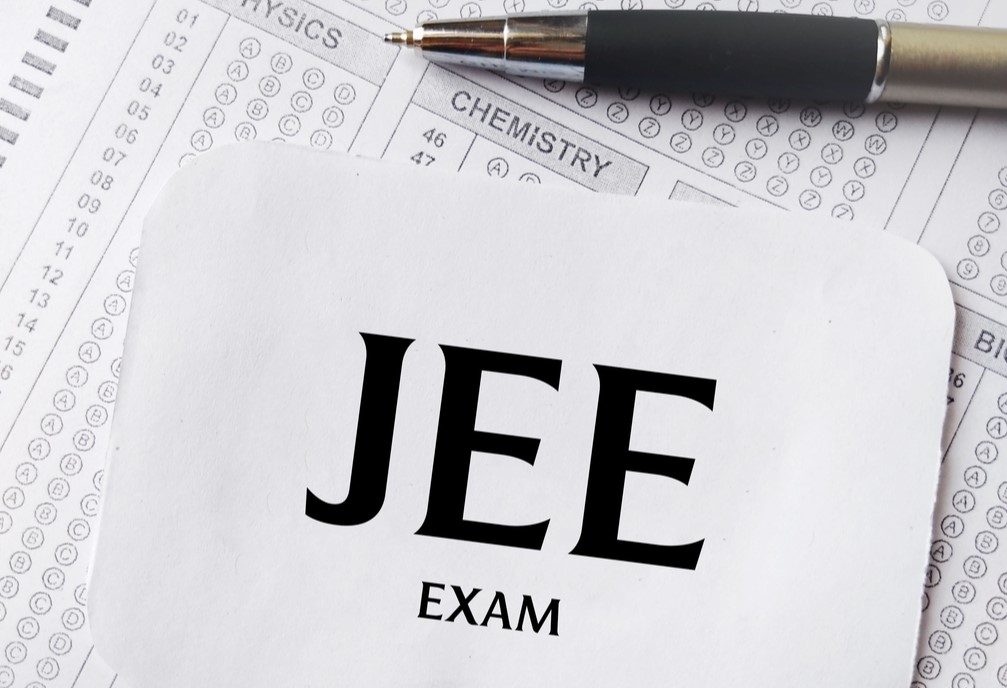Strategic Approaches for JEE Preparation - A Winning Guide

For those aspiring to become engineers and technology developers, your wait to prove your grit and determination is finally over, with the JEE Mains happening this April! We are sure you are all ready to face it head-on. If you are preparing for any crash courses now, here’s a guide to help with time management and so on! MIT-WPU admits students for B.Tech programmes who score well in JEE Main and Advanced! If you want to stay at home or near your hometown or experience the culture of Pune from other states, now is the time!
Understand the structure of the JEE exam:
- JEE Mains: This has three papers – Maths, Physics and Chemistry, each with 100 marks, totalling 300. It is held twice yearly in January and April, runs for three hours, and qualifies for the JEE Advanced exam. There are two sections for each subject – MCQs, which form Part A and numerical questions for Part B. Students must answer all the 20 questions in Part A, while they are given the choice to answer any five from the ten in Part B. You must note that these questions are from all three subjects. There are 90 questions; the correct answer carries +4 marks, while the wrong one has –1.
- JEE Advanced: There are two papers in this, containing numerical, MCQ and match-type questions for 306 marks. Students get +3 marks for correct answers in the MCQ section and –1 for the wrong ones, while the other two question sections carry no negative marking.
Strategic Study Plans
- Know your strengths and weaknesses. Analyse previous performance and mock tests to identify areas you need to improve. You might know the concept well, but knowing the right way to approach a problem may take time. Hence, you may have to focus more on how to find the easiest way to crack a question, be it any subject.
- Create a personalised schedule. Allocate different time slots for each subject based on difficulty levels and your understanding of the subjects.
- Balance between studying and applying those to solve a question. Strengthen your foundation with NCERT textbooks and then work on the previous year's question papers, or try answering the questions in the test books, prepared especially for JEE exams.
- Seek guidance from seniors or experienced faculty online or through coaching centres. If you can get personalised attention for the sections you must work on, go ahead!
Embracing technology for more profound understanding:
- Start checking online if there are any educational apps and platforms you can utilise for interactive learning, online lectures, and other ways to enjoy learning with a much-relaxed mind.
- Many apps and websites, like Unacademy Atoms, Embibe and so on, generate 3D models and animations, so it’s easy for you to visualise and understand the concepts better.
- Connect with fellow aspirants, share doubts, and learn differently through online communities on WhatsApp and Telegram.
Smart exam strategies
- Time management: Practice solving mock tests with a proper duration setting so you can find it easy not to panic during the exams.
- Accuracy over speed: Prioritise answering questions entirely rather than leaving several questions in the middle if you cannot solve them. Attempt more straightforward questions first to build confidence and remember that there is negative marking. So, choose to answer your questions wisely.
- Intelligent guessing: In a panic, you can easily get confused between the right and wrong choices in the MCQ section. Be calm and eliminate the inappropriate questions.
- Stay calm and focused: Involve in activities that make you clear. Do yoga or meditation daily and think about only positive affirmations to maintain focus and worry less.
Your JEE journey must be consistent with determination and intelligent strategies for quite a while. With a good knowledge of exam structure and a personalised study plan, remember that you can pass with flying colours! Best of luck to those appearing this year!
FAQs
How can I manage JEE preparation along with school studies?
Prioritise your time effectively, allocate a study slot for each subject and take breaks often. While returning from the break, quickly review the topics you have already covered again and practice problems.
Are coaching classes essential for JEE preparation?
Coaching classes can give you structure and guidance on how to prepare and what to study with quality study materials, including test books.
How often should I take mock tests during JEE preparation?
Taking mock tests once or twice a week during JEE preparation is generally recommended to check your progress, identify weak areas, and work on those effectively.





 admissions@mitwpu.edu.in
admissions@mitwpu.edu.in
